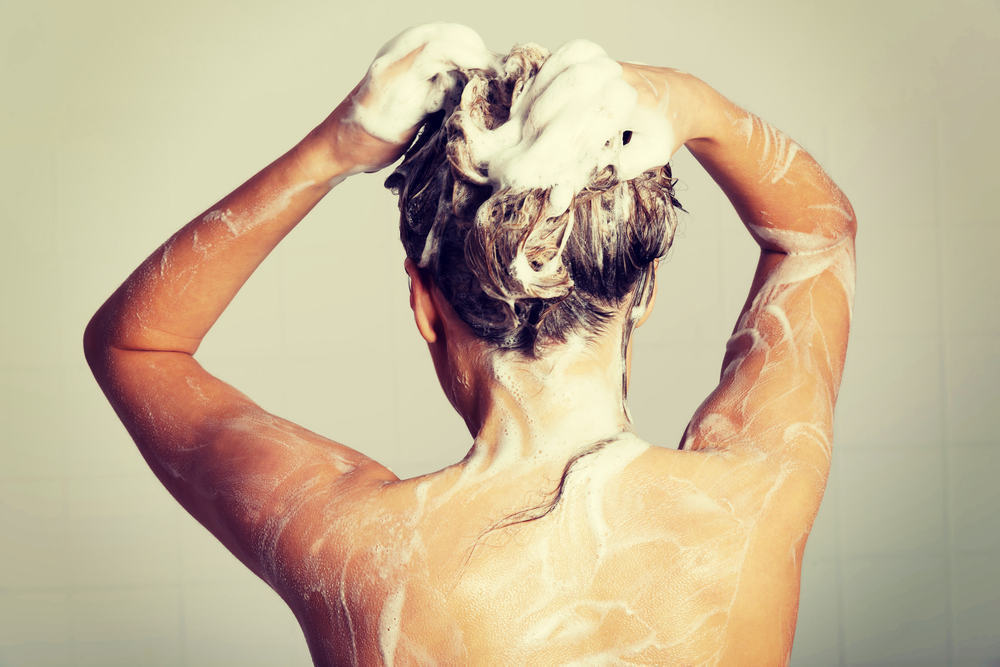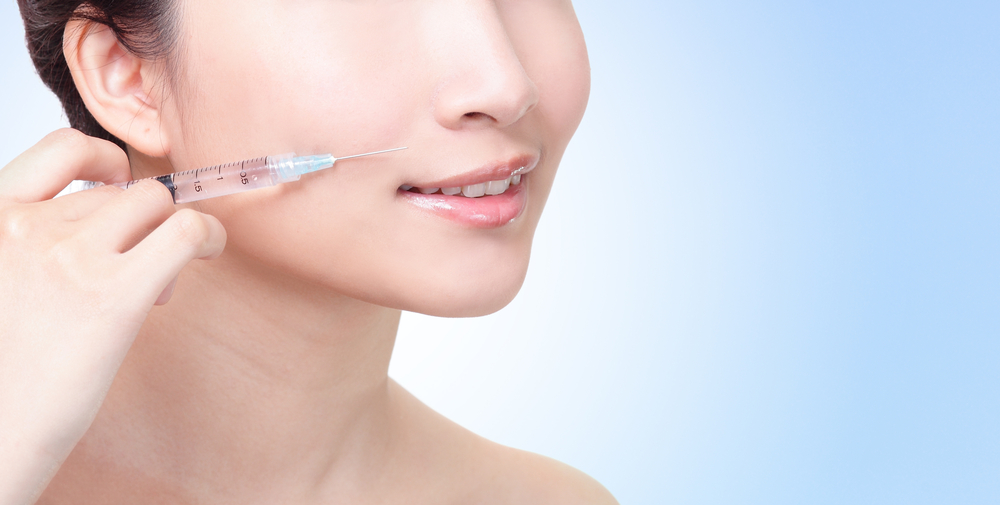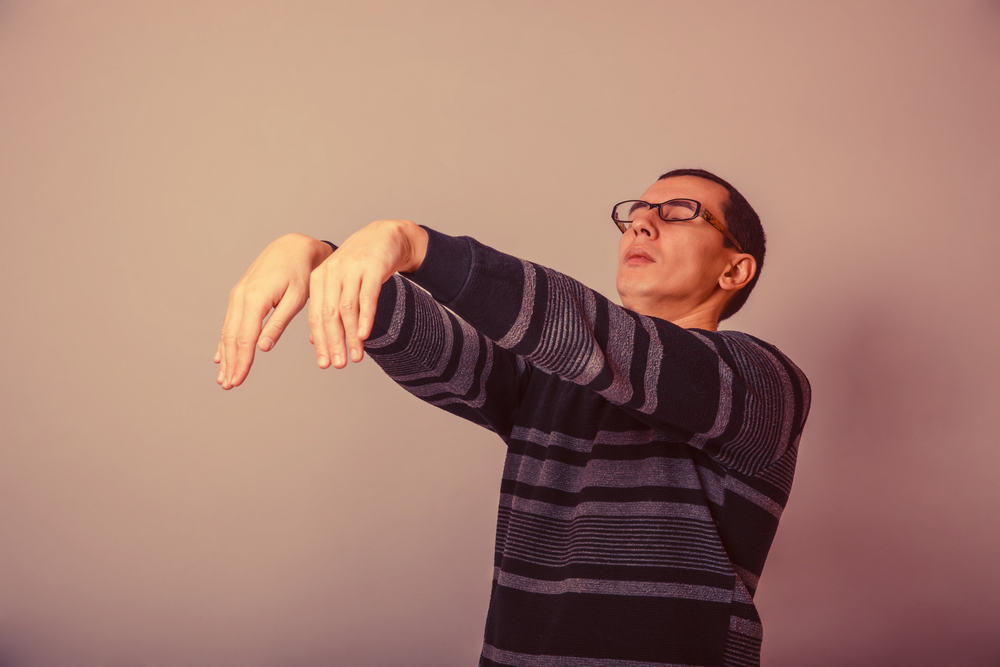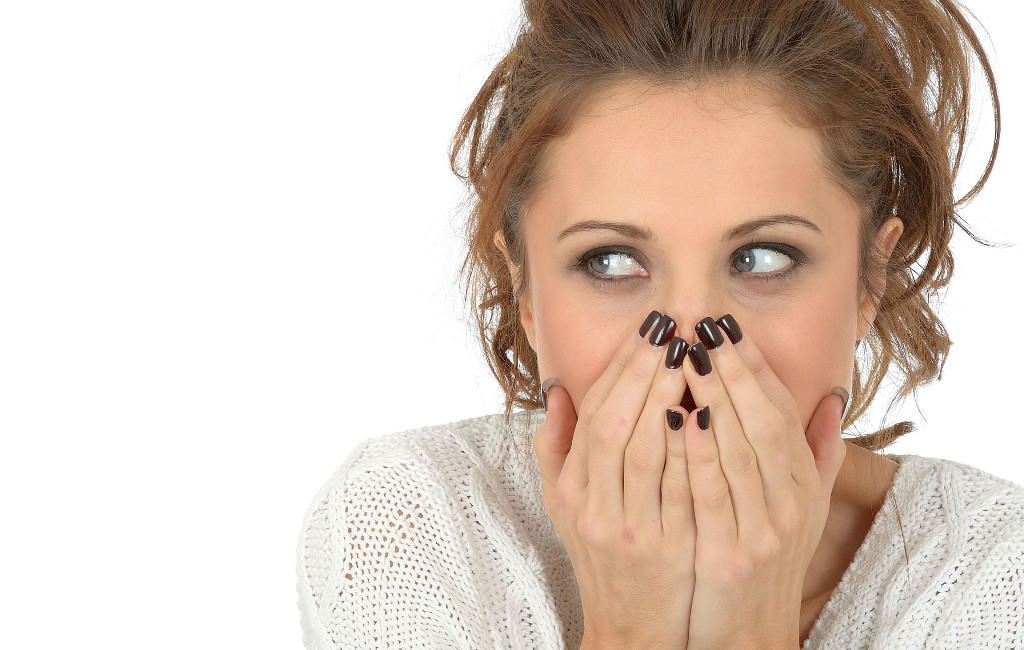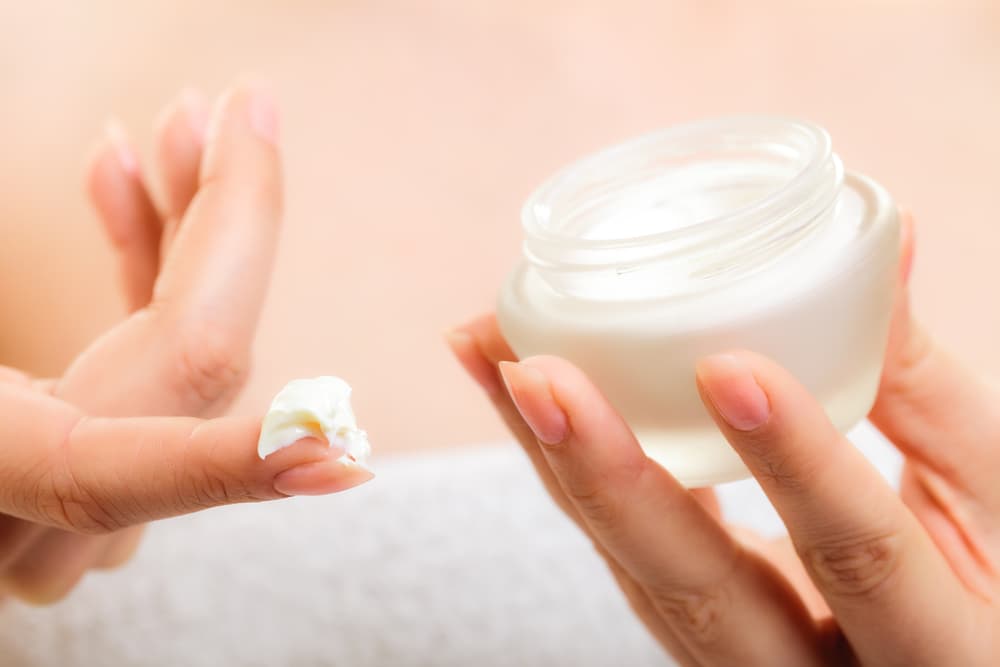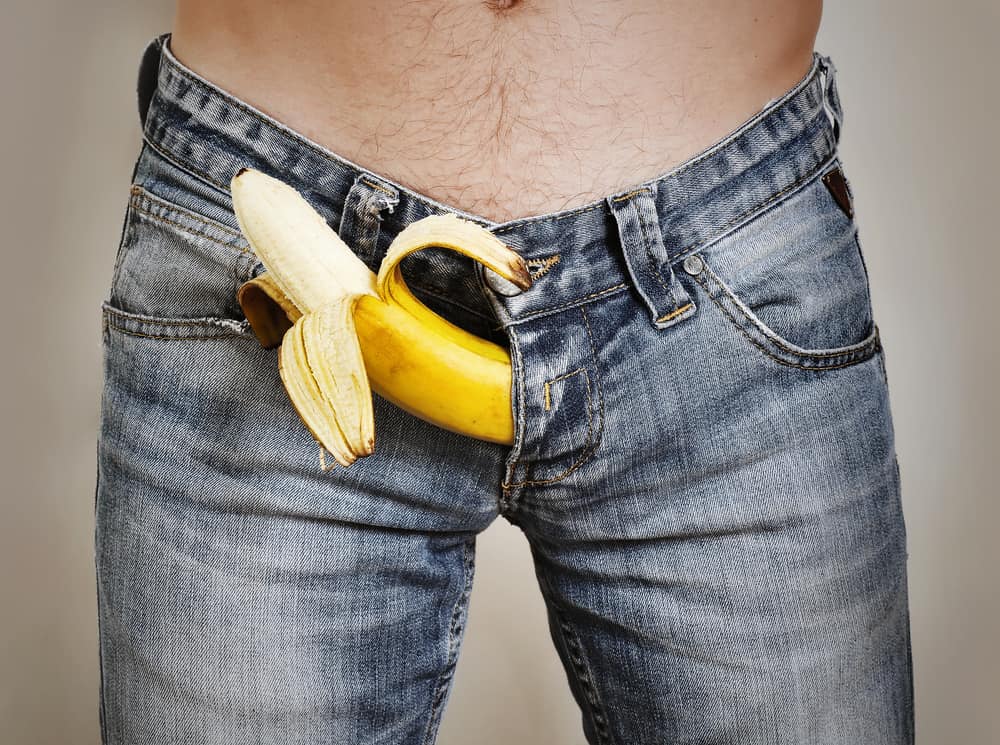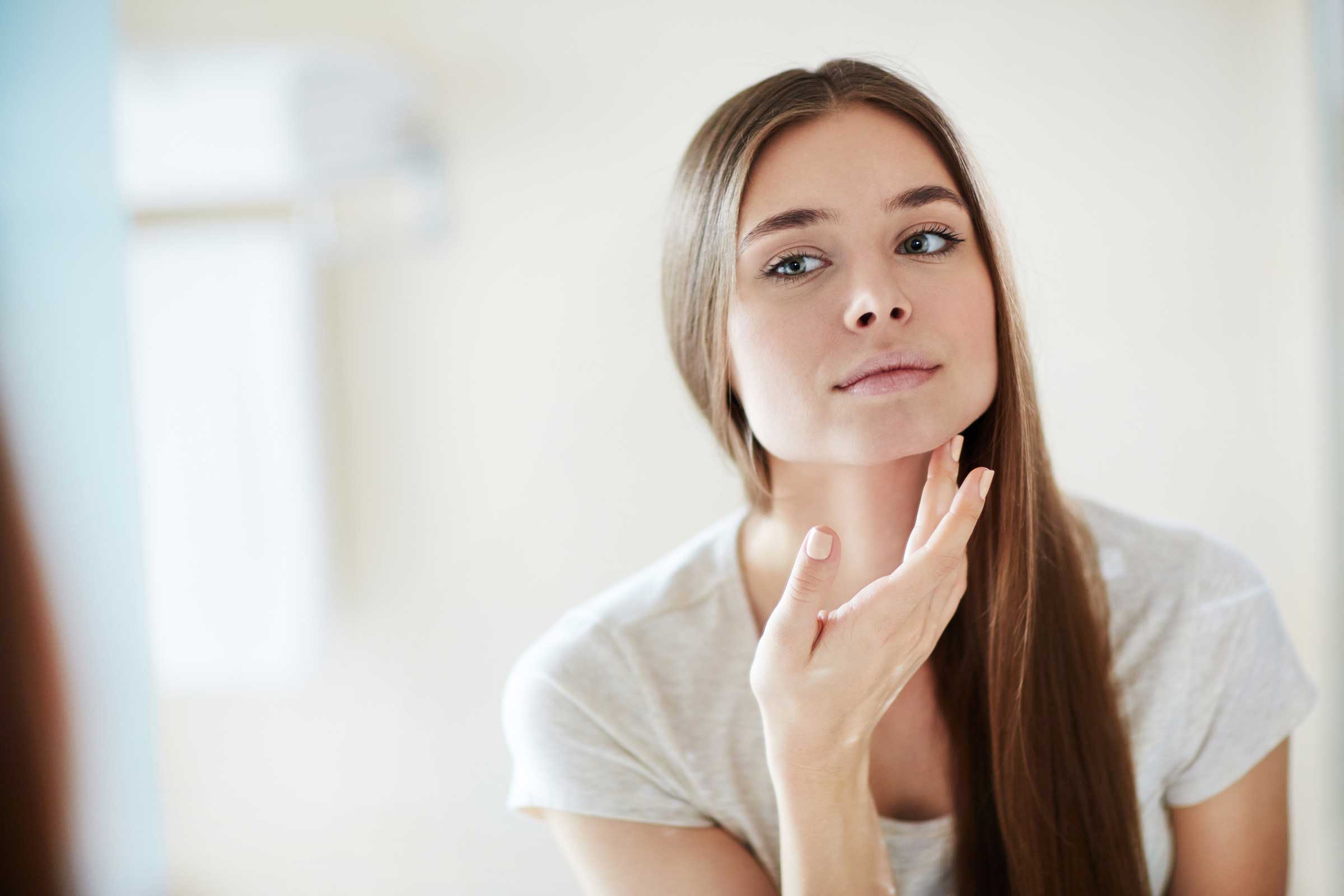Contents:
- Medical Video: PART 1: HOW I FIXED EXTREMELY DAMAGED HAIR
- Two opposing opinions from experts
- Recognize scalp dermatitis first
- What is seborrheic dermatitis?
- So can you change shampoo?
Medical Video: PART 1: HOW I FIXED EXTREMELY DAMAGED HAIR
For many people, shampoo is a daily necessity just to wash your hair. But for some others, choosing shampoo can also be a fun ritual because we can try a variety of different brands, with various functions, and different scents. So do not be surprised if many people, especially women, have more than one bottle of shampoo in the bathroom, to be used alternately according to mood and needs.
But are our hair okay if we always replace shampoo brands?
Two opposing opinions from experts
The news that changing shampoo can make damaged hair has long been circulating, making many people choose to be loyal to just one shampoo for the health of their hair. However, quoted from SkinHelp, many experts actually argue that changing shampoo regularly is a good idea, because they believe that using one of the same shampoo continuously is not good for hair.
Changing shampoo every week or even every day, can be better for hair. According to experts, a lot of shampoo over time becomes less effective after being used routinely, so, replacing it from time to time is one way to make shampoo remain effective and the hair is maintained its beauty.
But, a minute. Now the dermatologists are opening their voices and saying that changing shampoo too often can actually be bad for the hair, for example causing scalp dermatitis, which in some cases can cause hair loss.
So, what do you do better? Change shampoo or choose the best one for our hair?
Recognize scalp dermatitis first
Scalp dermatitis is a condition of the scalp that makes itching, redness, and irritation, sometimes accompanied by dandruff or loose and often visible skin flakes.
Changing shampoo too often is one reason why people can get this condition, because their scalp becomes irritated by the shampoo they use. This usually occurs because shampoo contains perfume, artificial coloring, and other ingredients that can irritate the skin. Many causes also trigger scalp dermatitis, including changes in moisture, stress, trauma such as excessive scalp scratching, and even seasonal changes. This condition can begin with mild dandruff in certain areas, but in some cases, the entire scalp can be covered with dandruff. Approximately 15% -20% of the human population suffers from dandruff!
What is seborrheic dermatitis?
Seborrheic dermatitis is similar to scalp dermatitis, but this condition makes the skin yellow or white, not only on the scalp, but sometimes also on the eyebrows. Usually the treatment of this condition is handled directly by a dermatologist or dermatologist, because if left unchecked it can cause hair loss, although it is rare. This condition can be said to be more severe irritation of the scalp.
Then, can you get seborrheic dermatitis? Unfortunately this condition can affect anyone, just look at the following points:
- Men or women, even though men are easier and often suffer from this condition than men.
- Adults around 40 years and above and usually people who are just entering puberty. Babies may only suffer from what we call "cradle cap". Dandruff children may have fungal infections on their head.
- People who use certain drugs, which can trigger conditions or cause them to become malignant. If you think this might be the case, talk to your doctor about the possibility of using other drugs.
So can you change shampoo?
In general, the condition of each person's hair is different, and the reaction of the scalp and hair on the treatment products varies. If you have found the right shampoo that suits you, use it. If you like to regularly shampoo and not affect your hair (or even make your hair look better), continue.
However, if you see something wrong when you change shampoo or use a brand new shampoo, for example, your scalp is irritated and itchy, or if you suddenly feel your hair fall out with itching or redness, it's probably time you stop using shampoo. the new one and return to the old shampoo that is suitable.
In many cases, using an anti-dandruff shampoo and using it for about three months can be the answer to whether you suffer from regular dandruff or do you have more serious scalp dermatitis.

